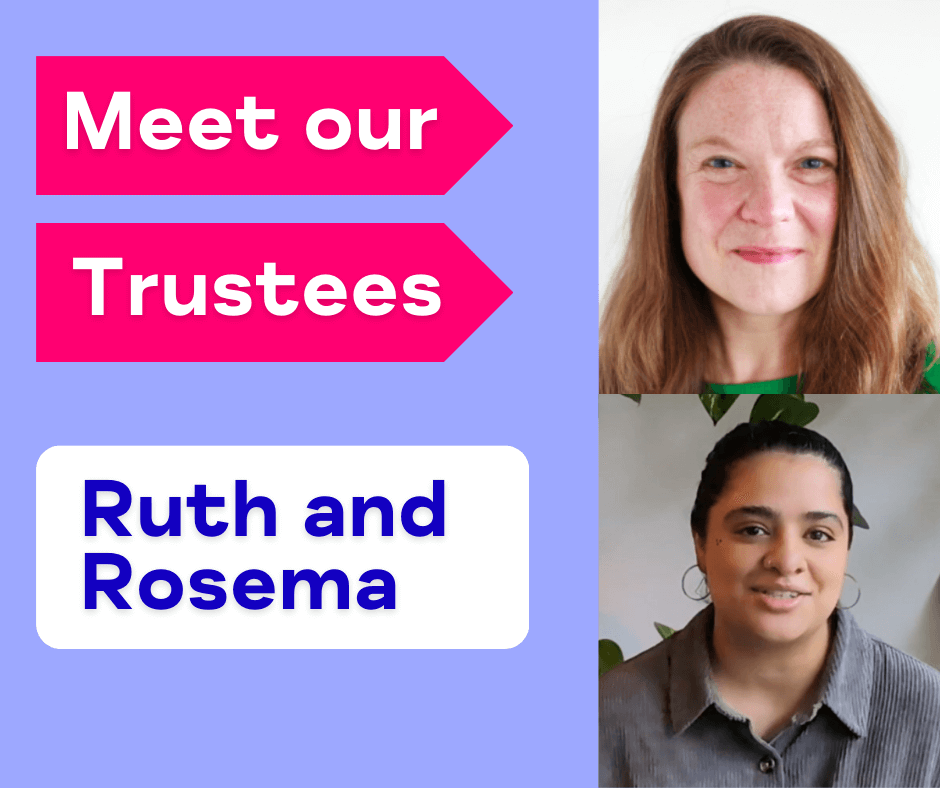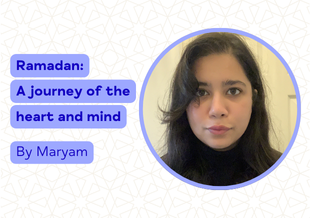Heads Up Cup scores big for mental health
Supporters of Bradford District and Craven Mind came together for an afternoon of football and […]
This Eating Disorders Awareness Week, we want to raise awareness of what eating problems are, different types of eating disorder and how to get support.
If you need support now, click here to access Beat’s web chat or telephone support.
Eating Disorders Awareness Week is an annual awareness week which aims to educate people on the realities of eating disorders. The week is organised by Beat and this year they’re campaigning for all UK medical schools to introduce proper training.
An eating problem is any relationship with food that you find difficult.
Many people think that someone with an eating problem will be over or underweight. People might also think that certain weights are linked to certain eating problems. Neither of these points are true.
Anyone can experience eating problems. This is regardless of age, gender, weight or background.
Food plays a significant part in our lives. Most of us will spend time thinking about what we eat. Sometimes you might:
Changing your eating habits like this every now and again is normal.
But if you feel like food and eating is taking over your life, it may become a problem.
If you get a bulimia diagnosis (known as bulimia nervosa), you may experience a cycle of what’s called bingeing and purging.
If you get an anorexia diagnosis (known as anorexia nervosa), you’re not eating enough food. This means you’re not getting the energy you need to stay healthy.
Some people think anorexia is about slimming and dieting, but it’s much more complex. At its core, it’s often connected to low self-esteem, negative self-image and feelings of intense distress.
If you get a diagnosis for binge eating disorder, you might feel unable to stop eating, even if you want to.
With binge eating disorder, you might rely on food to make you feel better. You might also use food to hide difficult feelings. It is sometimes described as ‘compulsive eating’.
If you get an OSFED diagnosis, you have an eating disorder. However, you don’t meet all the criteria for anorexia, bulimia or binge eating disorder.
This doesn’t mean that your eating disorder is less serious.
OSFED just means that your disorder doesn’t fit into current diagnoses. Getting a diagnosis of OSFED can help you access treatment and support.
Previously, OSFED was known as ‘eating disorder not otherwise specified’ (EDNOS).
For more details, see Beat’s information about OSFED.
Getting treatment can help you develop healthy, balanced eating patterns. It can also help you face and cope with the underlying issues of your eating problem.
Talking about your eating problems can feel scary. But to access treatment, the first step is usually to talk to your GP or hospital doctor. They should then be able to refer you to specialist services.
In some cases, at first you might get support through an online self-help programme. You should receive short support sessions alongside the programme. These may be face-to-face or over the phone.
If you find the programme hard to complete, or find it unhelpful, ask your GP for more support.
Like some other mental health problems, you might be offered talking treatments for eating problems.
There are no specific drugs to treat eating disorders. However, you may be offered medication for underlying factors such as depression or anxiety. For example, you may be offered an antidepressant to help manage these feelings.
You should be offered medication alongside talking treatments. Medication shouldn’t be the only thing you’re offered. Your doctor will decide whether to offer you medication – you can decide whether you want to take it.
You may need to go into a hospital or clinic because of your eating problem. This might be necessary if:
Posted on: 1st March 2022

Supporters of Bradford District and Craven Mind came together for an afternoon of football and […]

Reflections on the launch of Bradford 2025, UK City of Culture, from Ian, Trustee on […]

What’s really involved in being a trustee for a mental health charity? Find out from Ruth and Rosema.

Maryam is one of our volunteers at Bradford District and Craven Mind. She has kindly […]